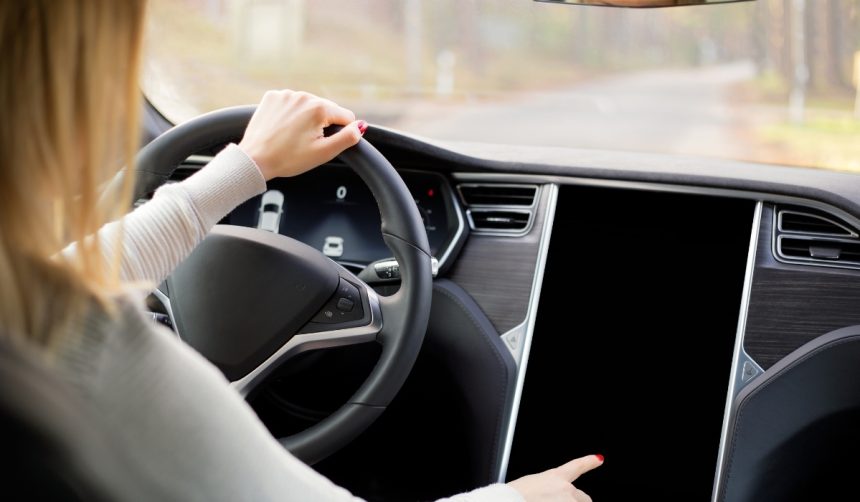A widely shared online video has triggered discussions and confusion among Tesla owners and enthusiasts, after showing a Tesla Cybertruck reportedly being “deactivated” remotely by the company during operation. Social media posts accelerated speculation and many interpreted the footage as authentic, leading to questions about Tesla’s vehicle control practices and customer autonomy. Incidents of misinformation about the automotive brand have appeared periodically, especially as electric vehicles gain broader public attention and scrutiny.
Reports about Tesla limiting customer access or controlling vehicles have appeared before, particularly following high-profile incidents involving software or connectivity features. While most earlier controversies focused on charging limits or feature restrictions due to policy violations, none involved total remote deactivation claims. Historic scrutiny has also concerned data privacy and updates to Tesla’s over-the-air systems, but third parties and the company itself have denied any instances where vehicles were fully immobilized without owner consent. News related to Elon Musk and the impact of social media narratives on Tesla’s public perception persist, with rumors often outpacing official statements in terms of reach.
What Did the Viral Cybertruck Video Show?
The video in question depicted a Tesla Cybertruck stopped roadside with an onscreen warning stating the vehicle had been deactivated due to a “critical issue,” referencing a cease and desist order and requesting dealership return. An accompanying image allegedly from Tesla demanded compliance in response to a song titled after the Cybertruck, but observers and analysts identified several inconsistencies suggesting digital manipulation.
How Did Tesla Respond to the Allegations?
Tesla issued an official statement dismissing the video’s authenticity and reaffirmed it does not remotely disable vehicles, regardless of circumstances. The company addressed the confusion directly on its social channels, stating:
This is fake – that’s not our screen.
and clarified,
Tesla does NOT disable vehicles remotely.
Both messages aimed to directly settle any doubts about customer control over their vehicles and counter the narrative fueled by the viral post.
Could Misinformation Affect Consumer Trust?
Public misperceptions stemming from viral posts can affect brand trust, especially when users rely increasingly on word-of-mouth and internet discussions before making high-value purchases such as electric vehicles. Persisting stories of possible remote interference may influence potential buyers’ confidence, even in the absence of factual evidence. Companies such as Tesla have to regularly address these claims to reassure users, mitigating damage to reputation and maintaining transparency.
Considering Tesla’s visible market position and Elon Musk’s prominence, the brand is a frequent subject of speculation and internet stunts. While the company’s approach to handling misinformation has involved direct denial and clarification, these actions underscore how digital narratives can impact even established organizations. Consumers interested in technologies like the Cybertruck benefit by seeking verified information and evaluating sources before forming opinions. Being cautious about viral claims and waiting for official announcements remains a practical guide for current and future Tesla customers.










